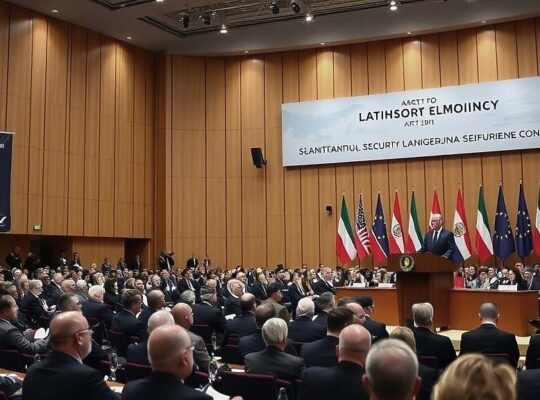Volkswagen Doubles Down on China Amidst Rising Geopolitical Tensions
Despite escalating geopolitical uncertainties and growing concerns over data security, Volkswagen is aggressively deepening its commitment to the Chinese automotive market.. In a candid statement to “Handelsblatt”, Volkswagen’s China CEO, Ralf Brandstätter, underscored the imperative for the automaker to cultivate in-house expertise in critical semiconductor technology, a move signaling a significant shift in strategic priorities.
Brandstätter’s comments highlight a growing awareness within the company: simply purchasing chips from external suppliers is no longer sufficient to maintain a competitive edge. He argued that mastery of the underlying technology-specifically, high-performance chips essential for autonomous driving and advanced cockpit functionalities-is now a prerequisite for sustained success. This assertion points to a recognition that dependence on foreign suppliers in a strategically vital sector leaves Volkswagen vulnerable to supply chain disruptions and potential political pressure.
The Chinese market remains, according to Brandstätter, the globe’s largest and most innovative automotive arena. He emphasizes that proximity to the local technology ecosystem allows for a vital agility, enabling faster adaptation to evolving standards and the nuanced demands of Chinese consumers. This close relationship, while advantageous, also raises questions about potential data sovereignty and intellectual property concerns, particularly given Beijing’s increased regulatory scrutiny of foreign tech companies operating within its borders.
To address the evolving landscape, Volkswagen is pursuing a dual-architecture development strategy. Separate electric vehicle platforms are being engineered for China, Europe and the United States, indicating a willingness to tailor products and technology to distinct regional requirements. While this approach minimizes reliance on standardized global platforms, it also raises questions about potential inefficiencies and increased development costs.
Brandstätter’s warning resonates beyond Volkswagen, implicitly cautioning other international automakers: failure to invest in domestic technological capabilities in China risks obsolescence not only within the country, but also globally. The company’s continued bet on China represents a calculated risk, positioning Volkswagen as a key player in a fast-changing and strategically crucial automotive landscape, but also exposing it to the inherent complexities of navigating Sino-Western relations within a vital industry.












